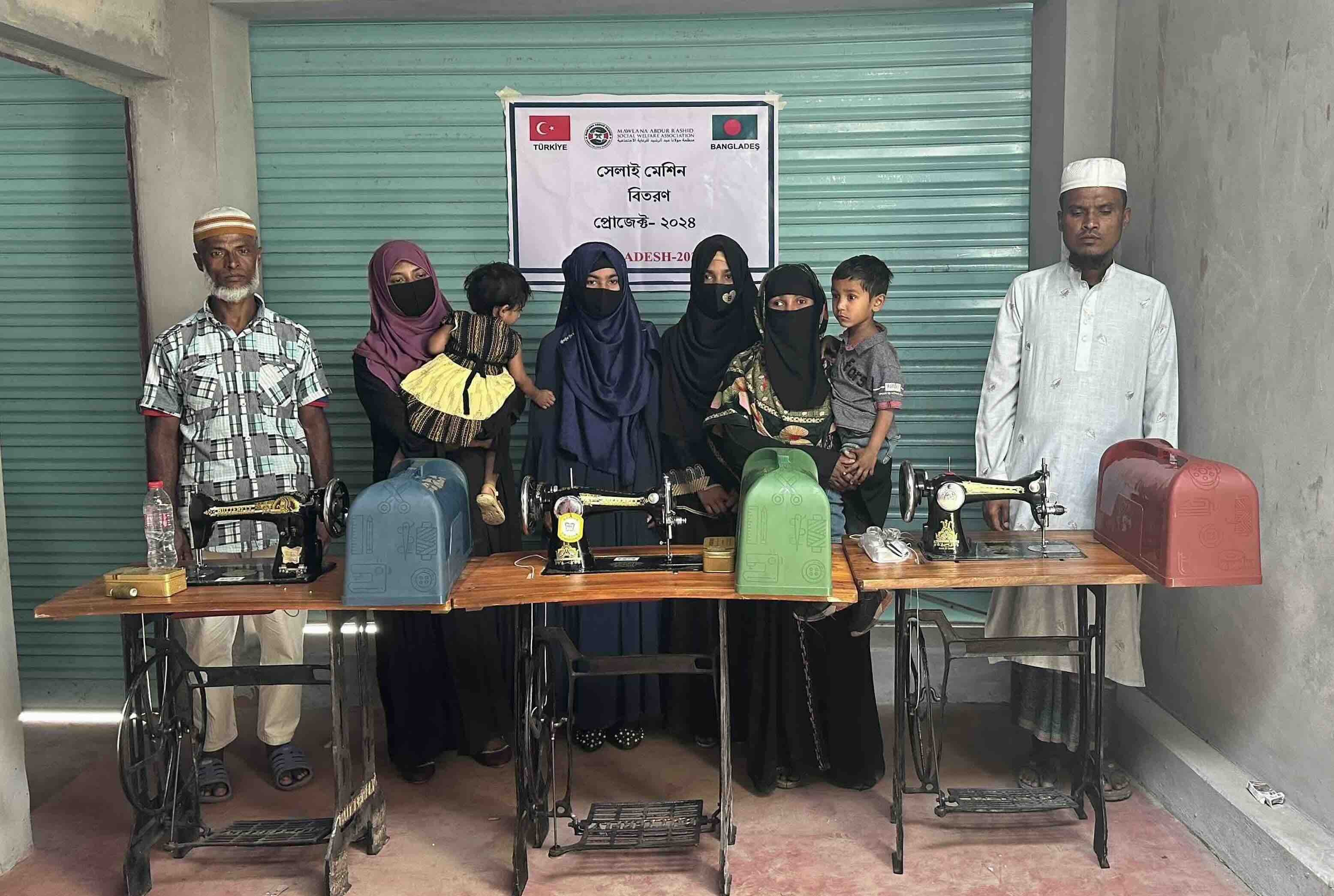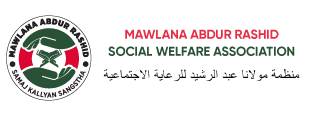
Sewing Machine Distribution Project
Background
In Bangladesh, the garment industry is a significant contributor to the economy, yet many rural and low-income women have limited access to opportunities in this sector. These women often face barriers such as poverty, lack of education, and restricted access to resources that could enable them to participate in income-generating activities.
The Sewing Machine Distribution Project emerged as a solution to these challenges, aiming to bridge the gap between potential and opportunity for many women. By equipping them with sewing machines and training, the project aims to create a pathway for economic self-sufficiency and social empowerment.
Objectives
- Economic Empowerment: Provide women with the tools to start small-scale sewing businesses, thereby generating income and improving their financial stability.
- Skill Development: Offer training programs to enhance sewing skills, business management, and entrepreneurship, which are essential for running a successful business.
- Social Inclusion: Empower women by improving their socio-economic status and integrating them into the broader economic fabric of the community.
- Community Development: Encourage women to contribute to their local economies and foster community development through their entrepreneurial activities.
Implementation
The project is implemented through a collaborative approach involving government agencies, non-governmental organizations (NGOs), and local community groups. Key steps in the implementation process include:
- Identification of Beneficiaries: Targeting women from economically disadvantaged backgrounds, especially those in rural areas with limited access to resources.
- Distribution of Sewing Machines: Providing high-quality, durable sewing machines to selected beneficiaries.
- Training Programs: Conducting workshops and training sessions on sewing techniques, business skills, and financial literacy.
- Support Systems: Establishing support networks, including mentorship and access to microfinance, to help women sustain and grow their businesses.
- Monitoring and Evaluation: Regularly assessing the progress of the project and the impact on beneficiaries to ensure its effectiveness and make necessary adjustments.
Impact
The Sewing Machine Distribution Project has shown promising results in several key areas:
- Economic Improvement: Many women have successfully started their own sewing businesses, leading to increased household incomes and financial independence.
- Skill Enhancement: Beneficiaries have reported significant improvements in their sewing skills and business acumen, which has boosted their confidence and capabilities.
- Social Empowerment: Women involved in the project have gained greater respect and recognition within their communities, contributing to their overall social status.
- Community Benefits: The project has led to the creation of local employment opportunities and has stimulated economic activity in several communities.
Challenges
Despite its successes, the project has faced challenges such as:
- Resource Constraints: Limited funding and resources can impact the scale and reach of the project.
- Training Needs: Ensuring that all beneficiaries receive adequate and effective training requires ongoing effort and investment.
- Sustainability: Ensuring the long-term sustainability of the businesses started by beneficiaries remains a critical concern.
Conclusion
The Sewing Machine Distribution Project in Bangladesh represents a significant effort to empower women and foster economic development. By providing sewing machines and training, the project is helping women overcome barriers to economic participation and improve their livelihoods. Continued support and adaptation are essential to addressing challenges and ensuring the project's ongoing success and impact.
This initiative not only contributes to individual empowerment but also plays a role in broader community development, underscoring the potential for targeted interventions to create positive change in society.
